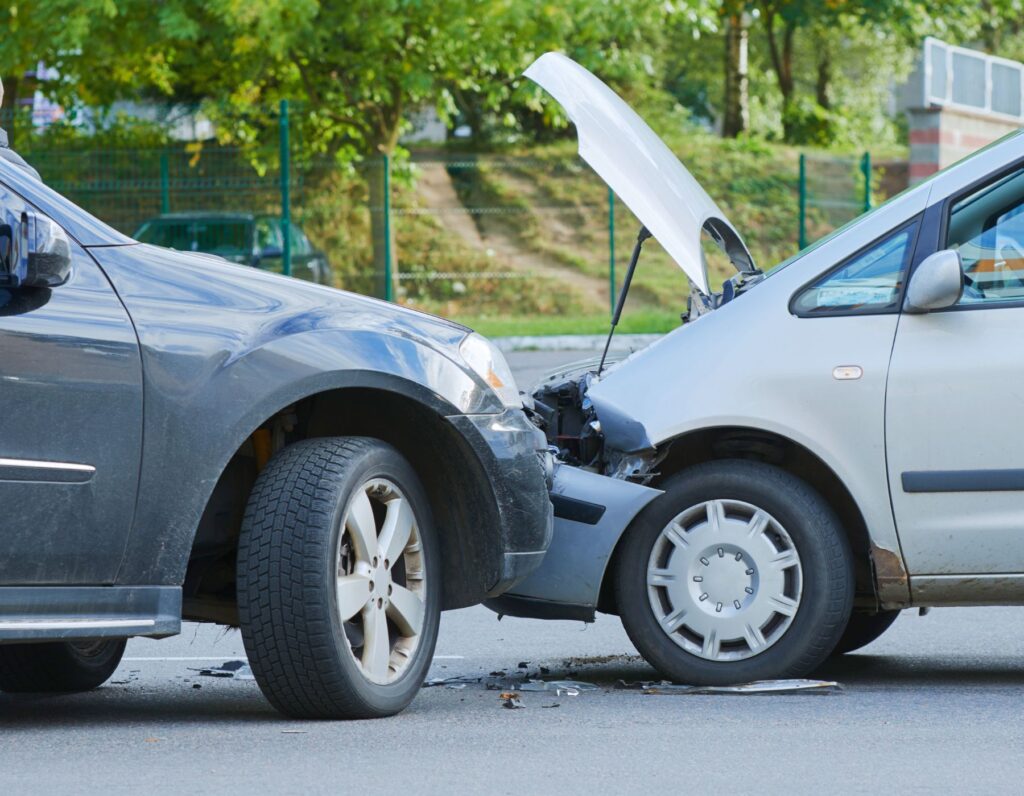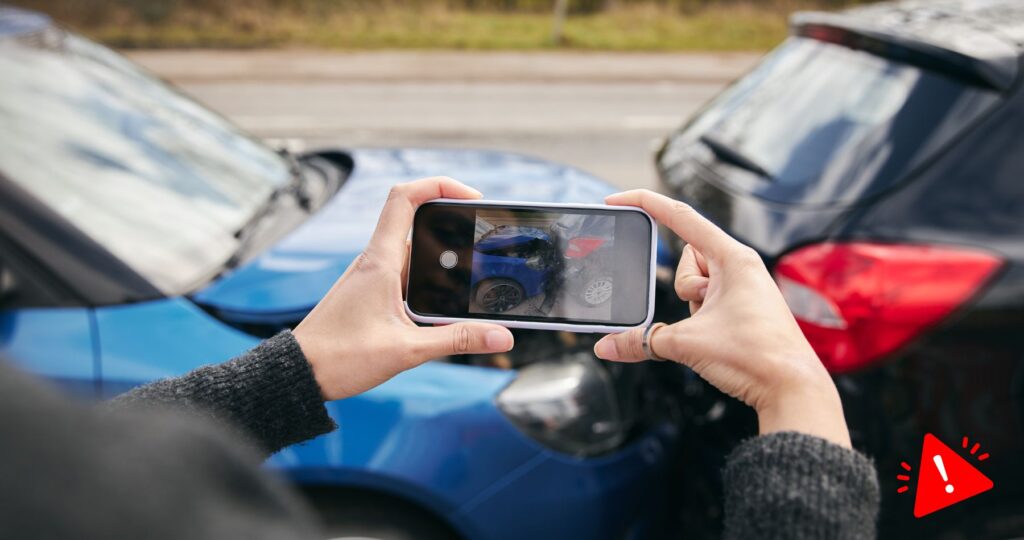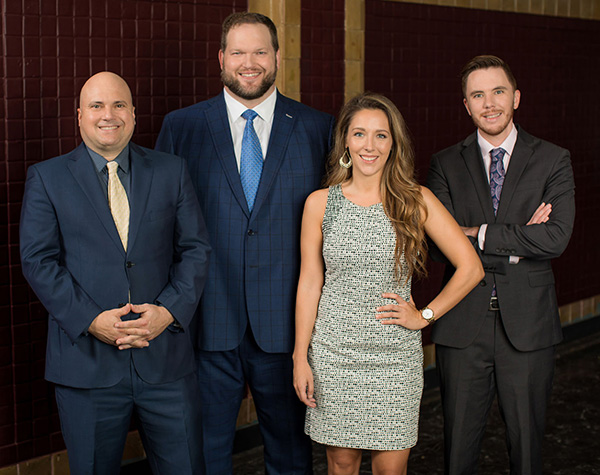On average, there are over 3,000 car accident deaths daily across the world. That’s almost 1.25 million people who die every year on the road.
In addition, there are around 3 million injuries sustained from car accidents every year. And even though seatbelts cut the risk of injury by 50%, one in seven people do not wear one when they’re in the car. In the United States, these traffic incidents cost almost $900 billion a year.
Even if you’ve been in an accident before, it’s still a shock every time, whether it’s a fender bender or something more serious. As a driver, it can be hard to know what to do after an accident.
So what should you do after a car accident to ensure you’re following the law and protecting yourself? Keep reading to learn all the actions you should take following an accident.
Check Yourself and Any Passengers for Injuries
In the event of an accident, an essential thing to do first is to make sure that yourself and any of your passengers are ok.
Check yourself for any bumps, scratches, bleeding, head or neck pain, and any other change you see or feel on your body. If you hit your head hard or sustained any injuries, the first thing you should do is seek medical attention.
Check your passengers too. If you have kids in the car, don’t worry about exchanging any information or replaying the accident in your head before you make absolutely certain that they’re ok. If you’re unsure at all, a trip to the emergency room isn’t out of the question. Ask a witness to call for help if you feel overwhelmed by the experience.
If you feel they are ok for the moment, you should still take them in to see their doctor to make sure you didn’t miss any injuries.
Continue to monitor yourself and your passengers as the day goes on. Because many people are in shock after a car accident, it’s possible not to notice or feel any injuries until hours later—or even the next day.
Remain Calm and Get to Safety
Remind yourself that what’s done is done. There’s no point in panicking or giving yourself an anxiety attack. All you can do is take things step by step.
If your accident occurred in the middle of the road and your car is still drivable, get it off the road. If it isn’t, get you and your passengers to safety even if it’s a matter of walking 20 feet to the sidewalk. Put your hazard lights on if they work.
If there is anyone injured who is in a compromising position, don’t move them. Keep them as safe as possible by turning on hazard lights or asking someone to help stop traffic. Moving them could make injuries worse, so it’s best to wait until the paramedics get there.
Call 911
If someone hasn’t done so already, call 911. In some states, it’s legally required that you call the police in the event of an accident. Either way, even if all you experienced was a minor fender bender, it’s still important to call your local police and get a police report.
If anyone is injured, you should call 911 or ask someone to call 911 immediately after the accident so that an ambulance can come and take them to the hospital.
A police report will help protect you down the road. Whether or not you were at fault, the insurance company and other insurance companies involved will ask for the report. Your lawyer will also be able to get a copy of this report to know where you stand and which steps to take next.
Take Photos
Take photos of the entire result of the accident if you haven’t moved your car. Otherwise, take as many photos as you can of any damage that was done to all vehicles involved. Take photos of the inside of your car if airbags were ejected. Take photos of any injured parties, including yourself.
Make sure you get clear photos of the license plates on the corresponding vehicles as well.
Exchange Information
There are many steps one should take after a car accident. One of the most important ones is exchanging information. That being said, no matter how anxious the other party may be, do not exchange any information until you’ve made sure that you and your passengers are safe.
Do not exchange any information until you’ve called the police either. Make sure you get all of the following information from any other drivers involved in the accident.
- Full name and contact information
- Driver’s license to match
- License plate number and state (take photos too)
- Type, color, model, and year of other vehicles involved
- The exact location of the accident
- Insurance company and policy number
It’s hard to stay focused while enduring the shock of a car accident. But nothing is worse than kicking yourself later when you realize you didn’t acquire all the necessary information from other drivers involved. Take a deep breath, remain calm, and get everything you need.
Don’t Communicate Too Much With The Other Driver
If the police get there in time, you may not have to speak to the other driver at all. Often, the police will exchange all the necessary information and give it to you on the other driver’s behalf.
If you are the one to exchange information, do your best only to discuss what is important. Don’t go over facts with the other driver, start an argument, or try to determine who was at fault on your own.
The insurance companies will use concrete evidence, like a police report, photos, witness statements, and any traffic cameras, to determine who was at fault. There’s no point in trying to settle anything on your own or entering into a discussion that could take a quick turn for the worse.
Document the Accident
If no one was seriously hurt and the police come, there may be some downtime where you’ll have to wait until everything is documented and cleared. Use this time to document the accident from beginning to end.
When the police arrive, get the names and badge numbers of all the officers. Find out what precinct they work out of as well.
Ask the officers where and when you can get a copy of the police report.
Look through your photos and make sure you took enough so that all damage to the vehicles is apparent in photos and that license plates are clear.
Take down names, addresses, and contact information for ALL parties involved, including passengers from the other vehicle.
If there were any witnesses, be sure that you take down their names and phone numbers as well as the insurance company. Your baltimore car accident lawyer might want to connect with them later on.
Notify Your Insurance Company
Before you do this part, think it through. If you think your accident is one that warrants the help of a legal professional, you might want to wait until after you speak to them.
If you aren’t sure if you’ll end up needing a lawyer, call your insurance company to let them know what happened, but don’t make any official statements. Also be aware that even if you don’t feel hurt at the moment, this could be as a result of shock and adrenaline.
Be wary of saying you aren’t injured without giving yourself time to asses your physical condition once you’re away from the scene of the accident and have had time to process.
Call a Lawyer
There are many times in which you really shouldn’t handle the aftermath of an accident on your own. If this is your first accident, it might just give you peace of mind knowing that an expert is handling your communication, paperwork, and working toward putting you in the best position possible after an accident.
If multiple parties were involved in your auto accident, things might get confusing. A lawyer will be able to get to the bottom of who was at fault so that you aren’t left taking the blame for the entire accident.
If you were driving under the influence and you were charged with a DUI at the scene of your accident, it’s probably in your best interest to hire a lawyer. The last thing you’d want is to be charged with a felony DUI as this could seriously impact many aspects of your life, including your job, your family, and being able to drive your car.
Even if you’ve gone through all the motions on your own and then an insurance company makes you an offer, call a lawyer. While it may be tempting to take whatever lump sum they are offering, it may not be enough to cover all your expenses incurred now and in the future.
If anyone was injured in the accident, including yourself or your passengers, you should not hesitate to call a lawyer. They’ll be able to get you the best compensation. You may be eligible to receive compensation for a number of things you haven’t thought of.
What Might You Receive Compensation For?
People don’t realize the many ways in which even a minor car accident can affect your life—speaking with a Baltimore car accident attorney can help you understand your rights.
Especially if the accident wasn’t your fault, here are some of the things for which you may be eligible for compensation:
- Vehicle damage
- Personal property damage
- Car rental
- Out-of-pocket expenses
- Missed work
- Gas for any accident-related travel
- Emotional distress
You might have had something, like a laptop or a camera, in your car that was damaged in the accident. This would fall under personal property. Many times, insurance companies won’t cover rental car costs in full or not to the extent that you need them. If this is the case, you might be eligible for compensation.
You may have to miss work or pay for cabs. You might have to drive back and forth to the auto body shop or to doctor’s appointments if you were injured. All of these costs add up.
Depending on the severity of the accident, you may be able to receive compensation for emotional distress in addition to your injuries. Most lawyers will provide a FREE consultation, so at the very least, you could call and get some feedback on whether or not you need a lawyer for your case.
If you need someone who speaks Spanish, it’s important that you hire a firm that has someone bilingual on staff so that there are no lapses in communication.
If You’re in a Car Accident, There’s No Harm in Calling a Lawyer
If you’ve been in a car accident attorney baltimore and you’re wondering whether or not you should call a lawyer, do it. At the very least, a FREE consultation will help put your mind at ease in your decision-making process.
Plus, if the accident wasn’t your fault and injuries were sustained, many lawyers will work on contingency so that you won’t pay a penny out of pocket unless compensation is won.
In the event of an accident, it’s tempting to panic. But don’t. Take deep breaths and go through the steps to make sure that everyone is ok and that you attain all pertinent information. Remember to take photos and ask follow-up questions like how and when you can get a copy of the police report.
Stay safe, and if you feel at all overwhelmed, give one of the best lawyers a call so that you can grant yourself some peace of mind. Want to know if we can help with your case? Give us a call or stop in!
Read More: How to Strengthen Your Car Accident Claim and Get 100% Compensation
-
In every case, we work directly with clients from the beginning to the end of a case. We hear about many lawyers who take the money and their client interaction doesn’t take priority. We know that an ideal outcome must come from collaboration with our clients. This approach ensures that everybody gets a fair deal – that our clients are never run over by what can be an unfair system. If you have been charged or are being investigated, it is absolutely crucial to begin defending as soon as possible. We encourage you to get in touch.
Get Your Free Consult




